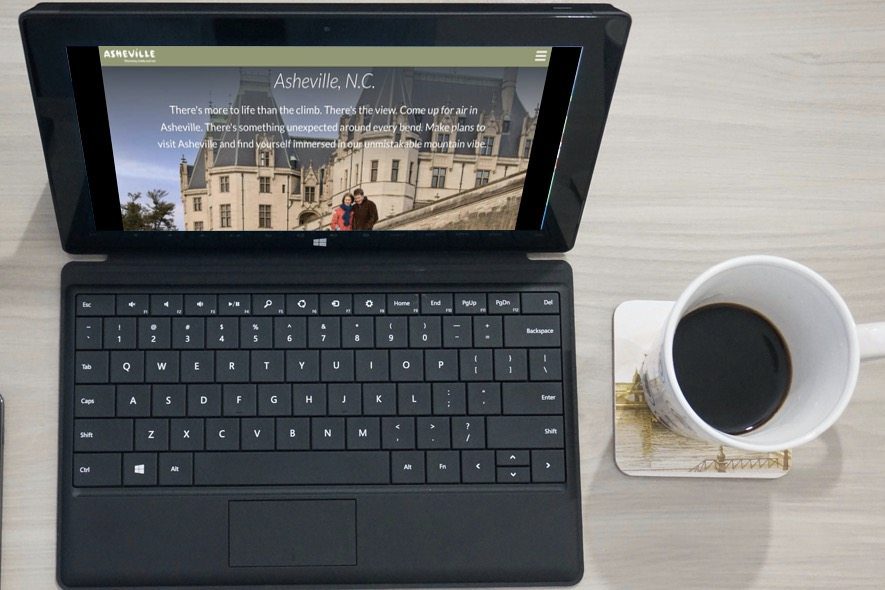Skift Take
The key question for travel marketers is no longer "Does location-based marketing work?" but "When does this start to get creepy?"
Location marketing has all the makings of an “easy win” for travel marketers. Not only does it let travel brands target consumers based on their current position, it also collects a wealth of data about where visitors eat, shop, and play in a given destination.
Yet many travel marketers remain hesitant to experiment with the discipline, citing questions about location marketing’s return-on-investment (ROI).
But as some case studies have illustrated, location marketing campaigns can be a powerful tool in a brand’s arsenal. Marketers just have to know how to use it properly. Recent campaigns, like those from the Asheville tourism board (see below), demonstrate the incredible sophistication and business-driving potential of the technology.
Yet at the same time, that sophistication is also raising questions about consumer privacy. How should brands disclose this information to travelers? And when do they go too far? Read on for more thoughts, plus the rest of this week’s top stories.
Asheville Tourism Board Moves the Needle with Location Marketing Campaign
How can a travel marketing organization like a tourism board make use of location marketing? One great example comes from the city of Asheville, North Carolina, which recently measured the success of its ad campaign by cross-referencing whether mobile devices located near city tourism hotspots had previously been served the organization’s mobile ads. Read more
A Closer Look at Facebook’s New City Guides Feature
Just last week, Facebook announced a new City Guides feature in its mobile app, allowing users new tools to get recommendations and book hotels, restaurants, and other services. It’s an interesting twist in the digital trip planning market, a sector that’s historically been littered with failed startups. That enormous size of Facebook’s user base, coupled with the enormous database it controls, may help the feature succeed where others have failed. Read more
How Hotels Can Increase Bookings with Twitter
As many marketers will tell you, companies often use Twitter as a tool for handling customer service complaints and boosting brand awareness. But as new research indicates, there are many other potential avenues to explore, especially for hotels. Here are some unexpected Twitter tactics to help boost customer engagement and acquire customers. Read more
MSC Cruises Rolls Out New “Internet of Things” Program
More cruise companies are experimenting with internet of things technology (IoT) and wearables, assisting onboard guests with activities like ship navigation, cashless payment, and keyless room entry. MSC Cruises is the latest to test the new technology system, debuting a new IoT system on one of its Mediterranean-bound ships. Read more
Google AdWords or Facebook Ads: Who Wins?
Plenty of travel brands are active users of Facebook and Google’s self-serve ad platforms. But which one is most effective? And which platform is best for achieving different types of business goals? Read more
Tracking the Growing Popularity of Dynamic Travel Packages
The growing popularity of travel-themed “flash sales,” which offer discounted travel packages for a limited time, is leading industry players to look for new ways to differentiate from the competition. One solution may lie with “dynamic” packaging, which uses software to give customers more flexibility concerning the dates they travel and which services are bundled with their purchase. Read more
The Daily Newsletter
Our daily coverage of the global travel industry. Written by editors and analysts from across Skift’s brands.
Have a confidential tip for Skift? Get in touch
Tags: content marketing, Digital Marketing
Photo credit: More travel brands are realizing the power of location-based marketing tools to achieve business goals. Frame
